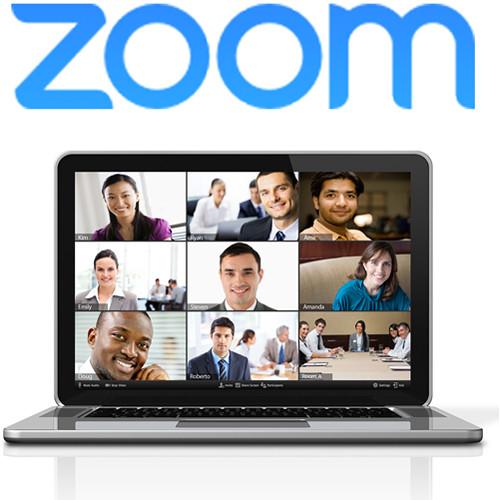EDUCATION
Education Opportunities
The Importance of Educating Leaders During Transitional Times
Educating leaders who guide organizations through transitions has become vital for their success. IMN is dedicated to offering programs that strengthen this ministry for both clergy and lay leaders. Many of these initiatives are rooted in the Fundamentals of Transitional Leadership training framework. Occasionally, IMN collaborates with other organizations to provide its visitors and members with a comprehensive curriculum.
TRANSITIONAL LEADERSHIP MODULAR TRAINING
The Fundamentals of Transitional Leadership (FTL) online modular course of transitional leadership training has begun! A training schedule and registration information is now available.
CONTINUING EDUCATION
- ANNUAL CONFERENCE is held once a year in various locations. Offering Keynote speakers and a series of workshop offerings.
- EFFECTIVE TRANSITIONAL MINISTRY (ETL)The workshop is a primer for those who are new to transitional leadership and a refresher for those transitional practitioners seeking to update their skills.
- ON-LINE WEBINARS are 90 minute topic driven learning classes.
- DISCOVER THE POWER OF EMOTIONAL INTELLIGENCE IN LEADERSHIP This 4-part (10-hour) highly participative course will help you constructively identify and process your own feelings and emotions. It will improve your ability to recognize your emotional impact on others and to navigate your interactions with them. Facilitated by qualified instructors from the former EQHR Center.
- CONFLICT TRANSFORMATION This course is designed to help transitional leaders grow in their ability to address and learn from conflict in their communities, as well as to guide their systems toward healthy engagement.
- EMOTIONAL INTELLIGENCE & GROUP DYNAMICS This course deepens a focus on the leader as a person in relation to others by weaving together group dynamics concepts and techniques and the emotional intelligence (EI) aspects that undergird them.
- NEW BEGINNINGS AND FAITHFUL ENDINGS This course presents transitional leaders with knowledge and skills to lead congregations facing significant moments of change and transition including such things as shared ministry, amalgamations, or closure and legacy.
- THE TRANSITION TEAM This is a real time, real world seminar that explores the usefulness of a Transition Team in our COVID influenced world. Transition Teams can be invaluable in a time of intentional interim work and can be equally useful in other congregational transitions. Experience this seminar on Zoom and explore how to effectively create and work with a Transition Team in your ministry.

